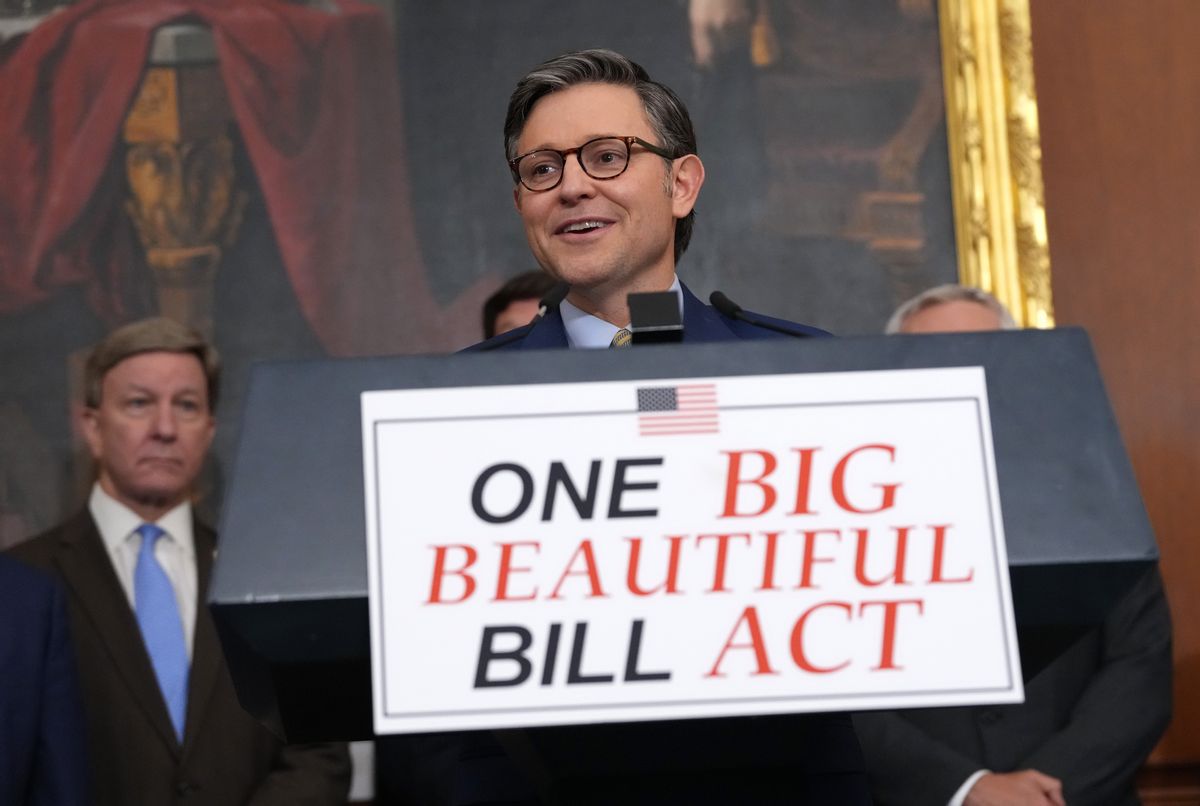Millions at Risk: Why Millions of Americans Could Lose Health Insurance – Beyond the GOP Bill

Recent reports indicate that a significant number of Americans, estimated at 13.7 million, could potentially lose their health insurance. While a Republican bill is often cited as a key factor, the situation is far more complex than a simple blame game. Let's delve into the contributing factors, the potential impact, and what's at stake for millions of families across the nation.
The Numbers: A Looming Crisis
The Congressional Budget Office (CBO) has projected that President Trump’s proposed health care reforms, often referred to as the “Big, Beautiful Bill,” could lead to the reduction of approximately 8.6 million people from Medicaid. However, this figure doesn't tell the whole story. Other factors, including state-level decisions and changes in eligibility requirements, are also contributing to the potential loss of coverage.
Beyond the GOP Bill: A Multifaceted Problem
It's crucial to understand that the Republican bill isn't the sole culprit. Several other dynamics are at play:
- State-Level Decisions: Many states have been actively seeking waivers from federal regulations, allowing them to impose stricter eligibility requirements for Medicaid. This can include work requirements, asset limits, and other restrictions that exclude individuals who previously qualified.
- Economic Factors: A strong economy, while generally positive, can also lead to fewer people qualifying for Medicaid as their income rises. While this might seem beneficial, it can leave those with fluctuating incomes vulnerable.
- Administrative Hurdles: Complex application processes and bureaucratic delays can prevent eligible individuals from enrolling in or maintaining their Medicaid coverage.
The Impact: More Than Just Numbers
The potential loss of health insurance for millions of Americans has far-reaching consequences. Access to affordable healthcare is essential for maintaining physical and mental well-being, preventing chronic diseases, and ensuring a productive workforce. Losing coverage can lead to:
- Delayed or Foregone Care: Individuals without insurance are less likely to seek preventative care or address health issues promptly, potentially leading to more serious and costly problems down the line.
- Increased Financial Burden: Unexpected medical expenses can quickly deplete savings and lead to debt, particularly for those with pre-existing conditions.
- Reduced Health Outcomes: Lack of access to care can negatively impact overall health outcomes and life expectancy.
What's Next? Navigating the Challenges
The debate surrounding healthcare access in the United States is far from over. Moving forward, it's crucial to:
- Address State-Level Policies: Advocate for policies that protect vulnerable populations and ensure equitable access to Medicaid.
- Simplify Enrollment Processes: Streamline application procedures and reduce administrative barriers to enrollment.
- Explore Alternative Coverage Options: Provide resources and support for individuals to explore alternative coverage options, such as the Affordable Care Act (ACA) marketplace.
- Promote Preventative Care: Emphasize the importance of preventative care and early intervention to improve health outcomes and reduce healthcare costs.
The potential loss of health insurance for millions of Americans is a serious concern. A comprehensive approach that addresses both federal and state-level policies is essential to ensure that everyone has access to the care they need.






